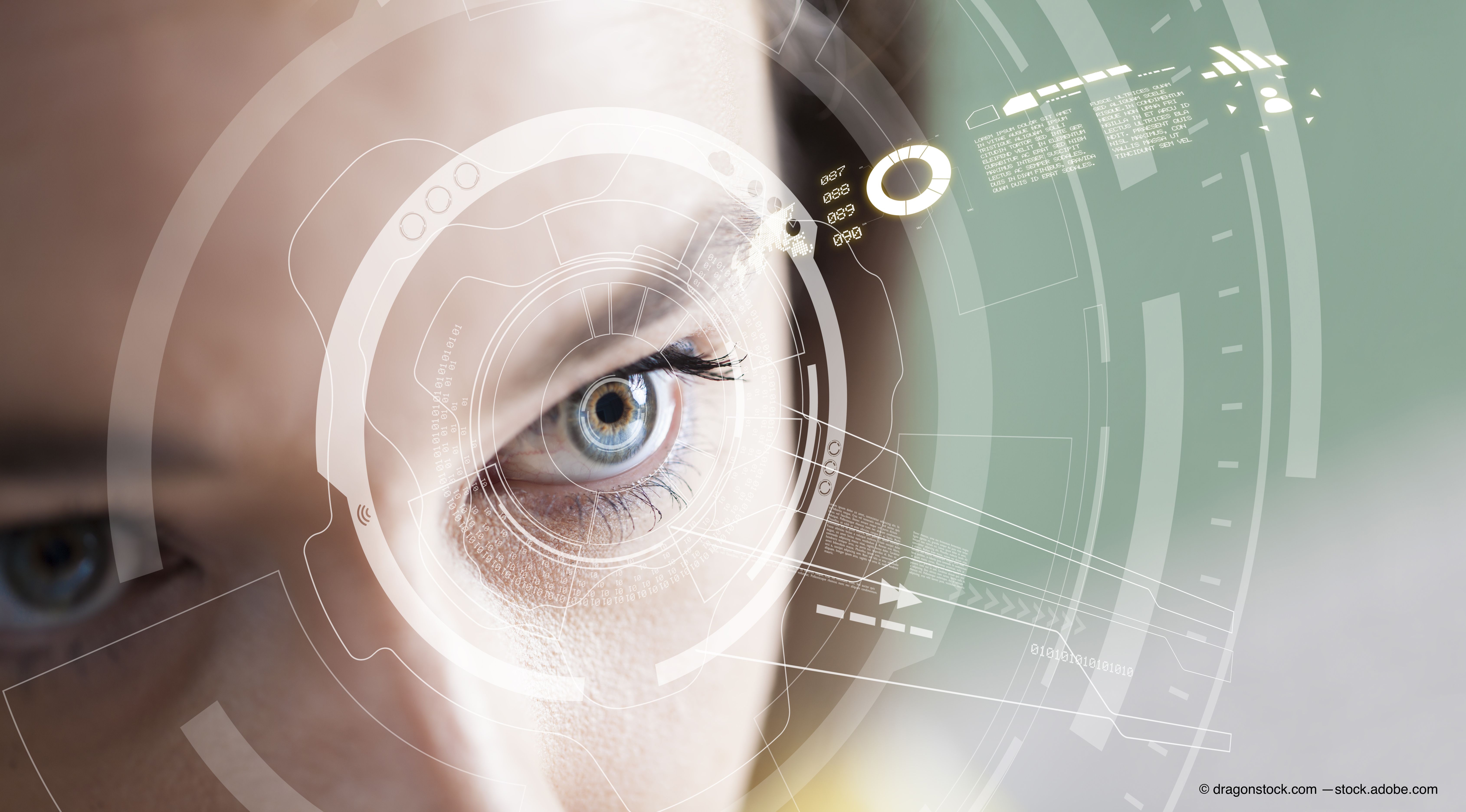Deep learning algorithm proving accurate for AMD classification
Results of a prospective trial show the tool is ready for clinical use and potential deployment for remote telemedical use.

An artificial intelligence (AI)-based telemedicine platform to screen for patients for screening and early diagnosis of age-related macular degeneration (AMD) has been validated in a prospective trial, reported Sharmina Alauddin, MD, at the 2020 ARVO Virtual meeting.
The deep learning algorithm (iPredict.health) was developed by iHealthScreen Inc, USA, an independent medical software company. Its performance for classifying fundus images was evaluated using the gradings from expert human readers as the reference standard. The analyses showed that the AI-based platform had 88.67% accuracy, 86.57% sensitivity, and 90.36% specificity.
“The results of our trial show that the tool is now ready for clinical use and potential deployment for remote telemedical use,” said Alauddin, clinical research associate, New York Eye and Ear Infirmary of Mount Sinai, New York, NY.
Sharmina and colleagues investigated the AI-based system’s performance for detecting and stratifying severity of AMD as a means of facilitating early diagnosis to improve patient prognosis.
“It is well known that AMD is a major cause of blindness among adults aged 50 years and older in developed countries. If we are able to diagnose AMD by screening in any clinical setting, we could start treating it early and thereby reduce the number of patients who become blind from their disease.”
The deep learning algorithm was originally developed and tested using images from the Age-Related Eye Disease Study.
“A deep learning algorithm teaches itself from massive datasets through artificial and neural networks. It mimics how our brain works to solve problems,” Alauddin said.
The validation study was performed using prospectively acquired, color fundus images obtained from 160 nondilated patients aged 50 years and older seen in New York Eye and Ear Infirmary-affiliated eye clinics.
After excluding patients who had another type of retinal degeneration, prior retinal surgery, diabetic retinopathy, or macular edema and images with poor quality, images from 290 eyes of 150 subjects were included in the analysis.
Based on the worst eye, patients were automatically classified by the software as referable AMD or non-referable AMD. Referable AMD included intermediate AMD (drusen >125 μm and/or pigmentary abnormalities) and late AMD (geographic atrophy or neovascularization) while the non-referable class included eyes with a normal macula or early AMD (drusen >63 to ≤125 μm). In addition, each image was independently reviewed and graded by two ophthalmologists. The performance of the artificial intelligence-based system was evaluated by comparing its results against those of the expert human graders.
After adjudication of grading discrepancies, 66 images were classified as referable and 84 images were classified as non-referable. The AI program correctly identified 58 images of intermediate and advanced AMD and 75 images that were normal and early AMD.
The investigators believe that for public health service, it is both warranted and feasible to create a more comprehensive, fully effective system trained on other retinal pathologies.
Sharmina Alauddin, MD
E: s.alauddin@yahoo.com
Alauddin has no relevant financial interests to disclose.
Newsletter
Keep your retina practice on the forefront—subscribe for expert analysis and emerging trends in retinal disease management.